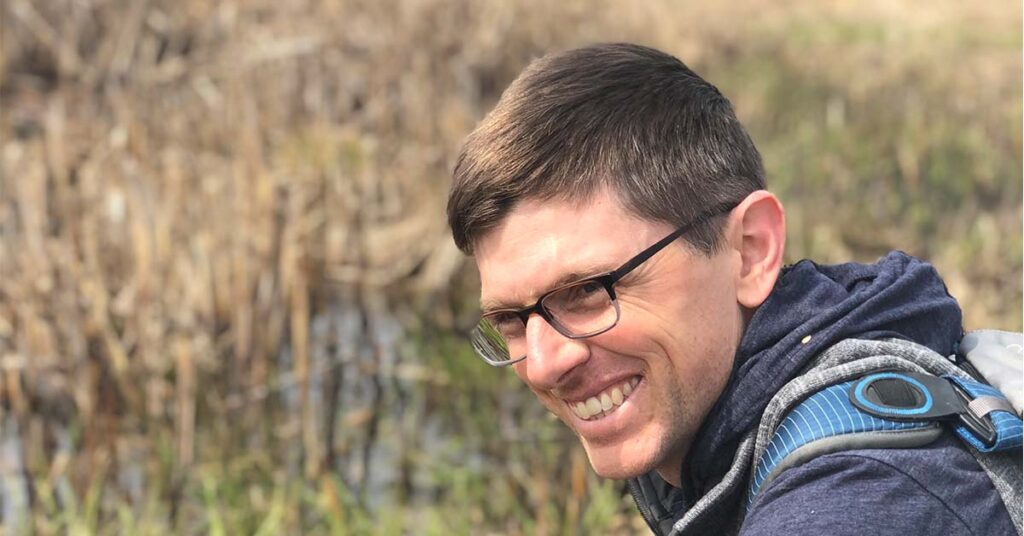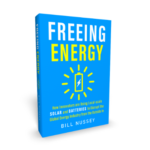
“I’m born and bred in Minnesota. Family’s here, friends are here. Spent an ill-favored six months in Washington, DC. It was my out-of-state experience and that was enough for me.
“I really stumbled into this career by accident. I took a really amazing energy policy course from Professor Elizabeth Wilson at the University of Minnesota in graduate school and went, ‘Wow, you can really get into the weeds here. There’s economics and supply and demand stuff, but there’s regulation and role for governments.’
“When I graduated, I had a spreadsheet of 50 different organizations and 50 people I knew. When I called the Institute for Local Self-Reliance, they said, ‘Well, we have an energy policy position open. Why don’t you just interview for it?’ That was 15 years ago, and here I stand.
“We think that energy democracy means figuring out how to create the rules of a system so that people can have that decision-making power. The biggest problem about monopoly utilities is that they have too much political power to write the rules of the system in which they operate. I mean, no business should be writing its own rules. It really is an anachronism that we still have these vertically integrated utilities in so many states, where they are controlling everything from the meter on your house, to the distribution line in your alley, to the substation, to the transmission line along the highway, to the giant power plant.
“If I’m a utility executive today, I would absolutely do what utility executives are doing. They are squeezing every last dime out of a system that is going to die under their feet because of distributed energy. What’s striking is that in almost no cases around the country do utilities plan for what customers are going to do on their own. We need a utility that can see themselves making money alongside their customers, not making money by opposing their customers.
“If we can prioritize local generation, how much can you get? And the answer is almost all of it and at a very good price. There’s almost nothing more popular in America than solar energy. Everybody loves it. Everybody wants more of it. Maybe that means a really innovative set of private companies that are delivering services. Maybe it means there’s a public sector competitor. Maybe it means folks organize their community and they want to buy out and have a public monopoly, but that each community makes that choice for itself.
“It means democratizing our energy market so that folks have the power to act individually and collectively in a way they see fit.”

John Farrell, Director of Energy Democracy at the Institute for Local Self Reliance, is one of the 320 people that author Bill Nussey interviewed for his new book, “Freeing Energy: How innovators are using local-scale solar and batteries to disrupt the global energy industry from the outside in.”
Learn more about John from his Freeing Energy podcast with Bill Nussey.
You can see all the heroes (so far) and their stories here.
#HeroesofFreeingEnergy #320heroes #LocalEnergy #FreeingEnergybook
